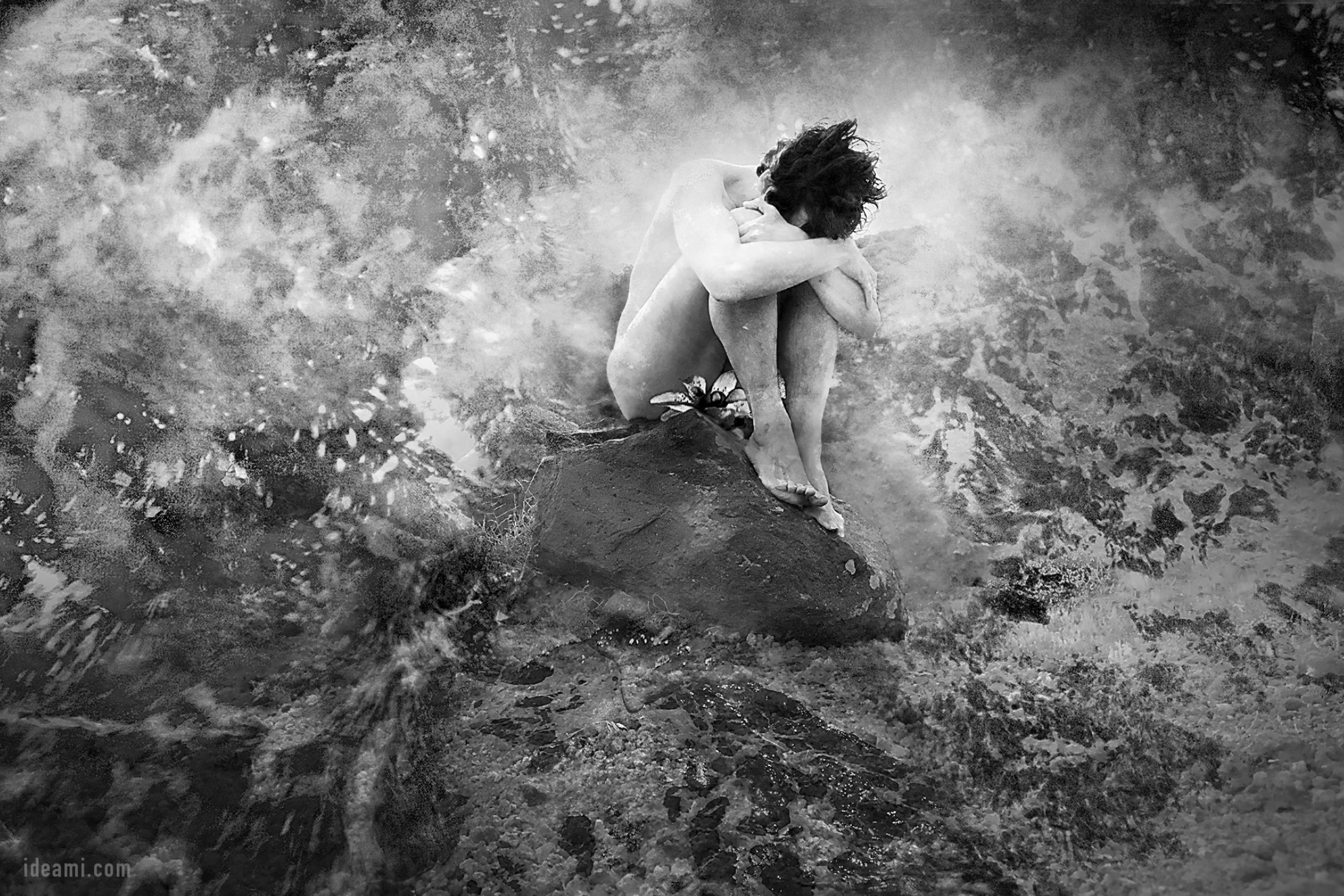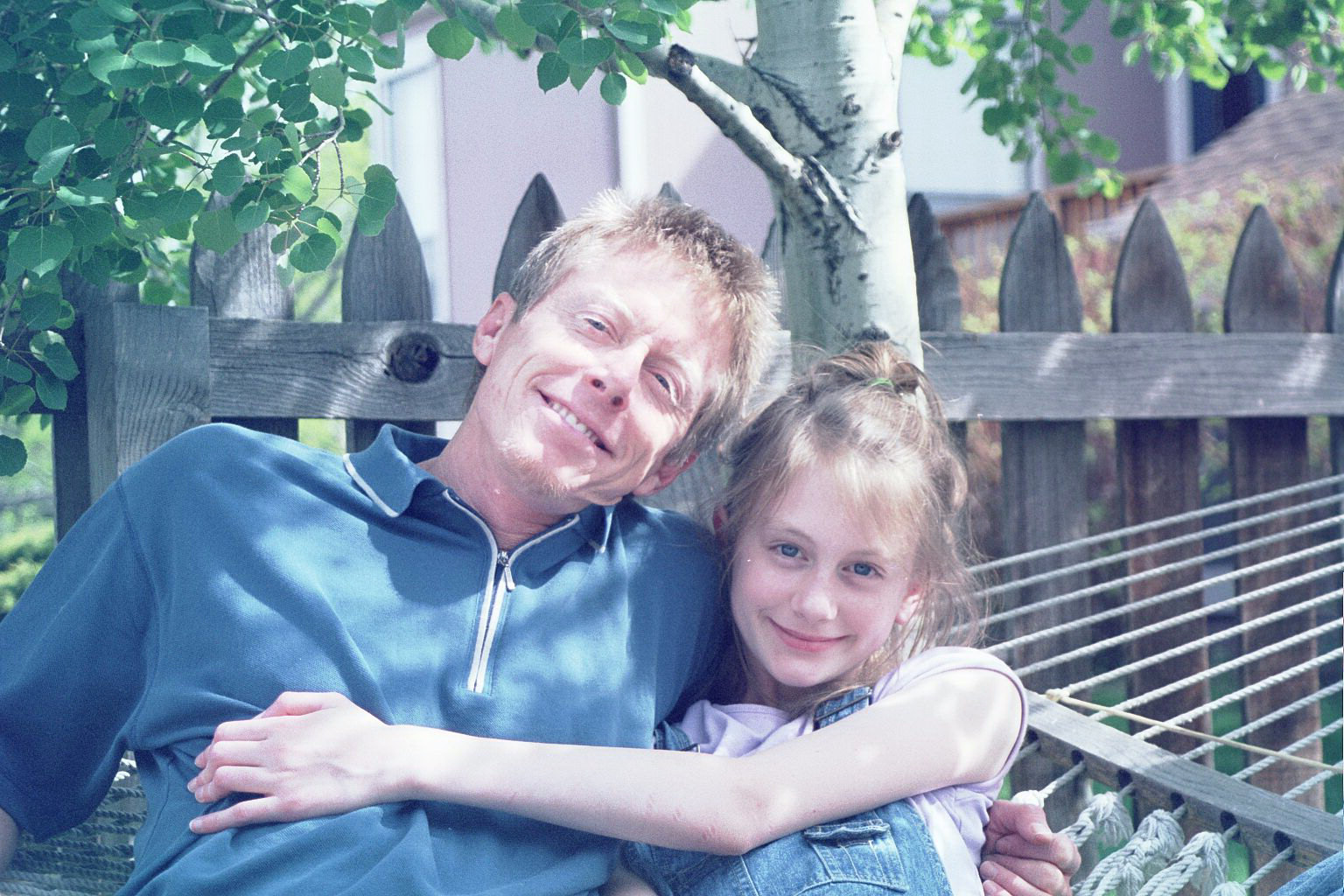
The ancients were
those who gave up all
learning and mastered
the wu wei idleness
of tao.

The ancients were
those who gave up all
learning and mastered
the wu wei idleness
of tao.

What do sad people
have in common? It seems they
have all built a shrine to the past and
often go there and do a strange
wail and worship.
What is the
beginning of happiness?
It is to stop being
so religious
like that.

Soul guides and
prophets have an innate innocence,
but they are subject to the same consequences
as everyone. If a donkey veers off course, he will be hit
with a stick. If you do wrong, you will be punished. Abu Bakr
said that steadiness is the central virtue. From the
mind’s steadiness comes a right action
which in turn balances the
intelligence.
They asked me
why prophets were given hardships.
I said it helps to have clear indications. And I added
silently to myself, Be more humble like someone
held captive. Bow to the one who
can free you.

You serve
as an example to others by
sacrificing your ego and accepting
the guidance of the Higher
Power.
The hexagram
Ting concerns the nourishment
and guidance one must have in order to fully
succeed. While the culture around us often encourages
us to “take charge” and make aggressive demands on life, the
I Ching offers far wiser counsel. Here we are encouraged
to give up the incessant demands of our ego —
to deepen our humility and acceptance
and to listen carefully to the
instructions of the
Sage.
The image
of the caldron concerns
your inner thoughts: whatever you hold
in the “caldron” of your mind is your offering
to the Higher Power. The quality of assistance you can
receive from the universe is governed by the quality of your
offering. If you constantly indulge in the concerns of the ego —
fears, desires, strategies to control, harshness toward others —
you repel the Higher Power and block your own nourishment.
If, on the other hand, you consciously let go of your
resistance to life and hold quiet and correct
thoughts, you become receptive to the
Creative and your continual
nourishment is
assured.
Ting comes
to suggest that the wisest
thing that you can do now is to still
your ego and conscientiously enter into a
conversation with the Sage. To influence others, or to
achieve a proper goal, follow the same path. By cultivating
humility and acceptance, purifying your inner thoughts,
and concentrating on that which is good and innocent
and true, you summon the power of the Creative
and meet with good fortune in
the outer world.
from The I Ching, or Book of Changes
Hexagram 50, Ting / The Caldron
ebooks & apps of the Tao the Ching, I Ching,
Hua hu Ching, and Art of War for
You
can now buy
the I Ching as part of a
five-app bundle of Taoist classics
for iPhone or iPad for less than
the cost of one hardcover
book.


The Sufi moral is this:
Love another and do not depend
upon his love; and: do good to another
and do not depend upon receiving good
from him; serve another and do not look
for service from him. All you do for another
out of your love and kindness, you should think
that you do, not to that person, but to God. And
if the person returns love for love, goodness
for goodness, service for service, so much
the better. If he does not return it, then
pity him for what he loses; for his
gain is much less than
his loss.
Do not look for thanks
or appreciation for all the good you do to
others, nor use it as a means to stimulate your vanity.
Do all that you consider good for the sake of
goodness, not even for a return
of that from God.